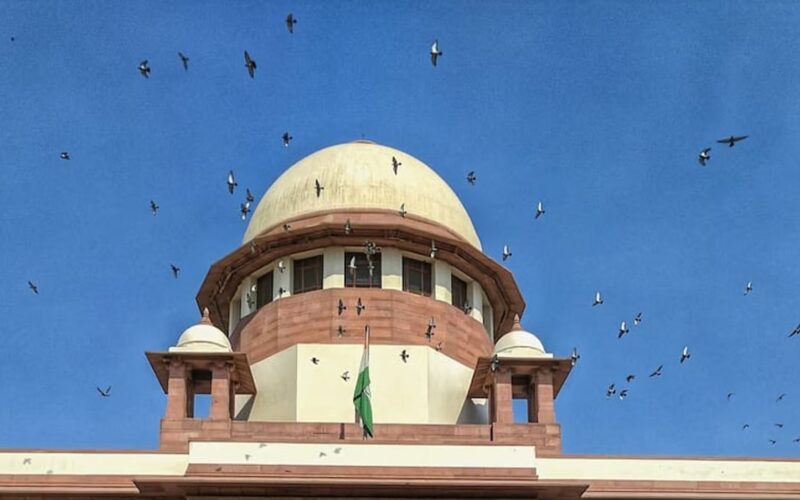New Delhi, February 25, 2025 – The Supreme Court ruled on Tuesday that the right to speak in Parliament or state legislatures does not grant members the freedom to insult, humiliate, or defame fellow legislators, ministers, or the chair. The court emphasized that parliamentary decorum must be maintained to ensure productive debates and uphold the dignity of democratic institutions.
A bench comprising Justices Surya Kant and N Kotiswar Singh criticized the conduct of Rashtriya Janata Dal (RJD) MLC Sunil Kumar Singh in the Bihar legislative council, where he raised slogans against Chief Minister Nitish Kumar. However, the court found Singh’s expulsion from the House to be excessive and disproportionate, according to news agency PTI.
Need for Decorum in Parliamentary Proceedings
The Supreme Court stressed that aggression and indecency have no place in legislative proceedings. It reiterated that respect among members is not just a formality but a fundamental requirement for the effective functioning of democracy. The bench stated that members must conduct themselves with decorum to ensure discussions remain issue-focused and constructive.
“The removal of a member from the House is a serious matter, impacting both the individual and the constituency they represent,” the court noted. “Even brief absences hinder a legislator’s ability to contribute to crucial debates and decisions.”
Examining the Proportionality of Punishment
While upholding the importance of discipline in legislative bodies, the court ruled that Constitutional courts have the authority to review the proportionality of punishments imposed by the House. It held that excessive penalties could undermine democratic values and deprive elected representatives of their right to participate in governance.
The court highlighted that justice must align with constitutional, societal, and democratic principles, ensuring punishments are fair rather than punitive.
Background of the Case
Sunil Kumar Singh was expelled from the Bihar legislative council on July 26, 2024, after engaging in unruly behavior on February 13, 2024. His actions included raising slogans against CM Nitish Kumar, mimicking his body language, and questioning the competence of the ethics committee that reviewed his conduct.
The motion for his expulsion was passed by voice vote, just a day after the ethics committee submitted its report to acting chairman Awadhesh Narain Singh.
With the Supreme Court’s intervention, the case has sparked a broader debate on balancing free speech in legislative bodies with the need to maintain discipline and respect within democratic institutions.

